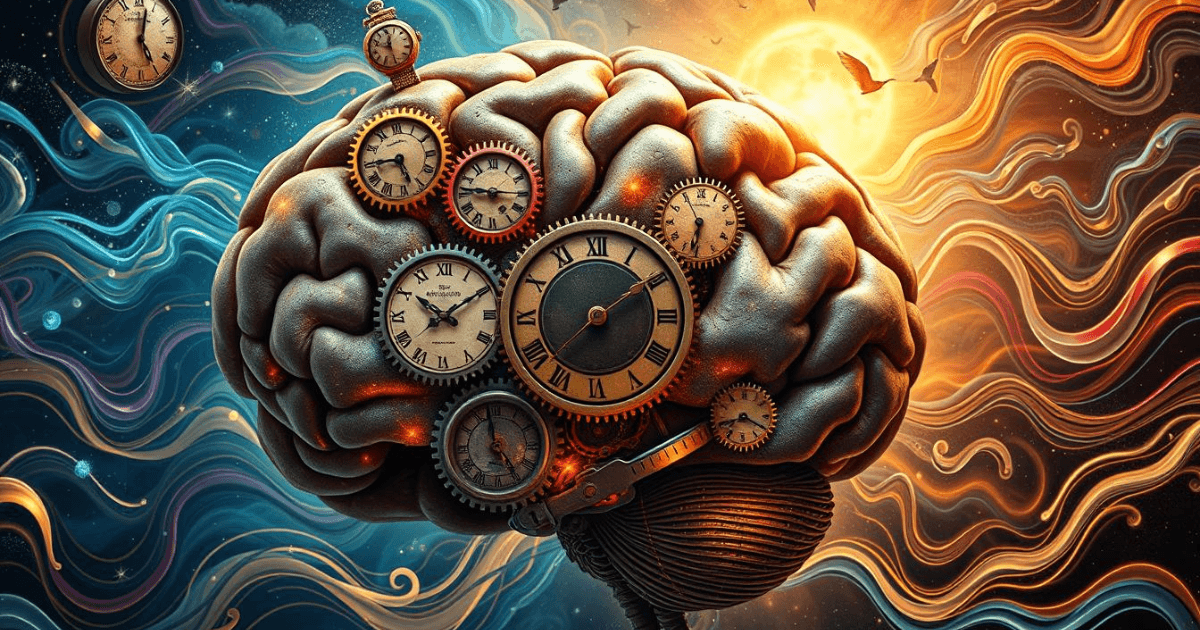What Is The Circadian Rhythm?
The term “circadian” comes from the Latin words “circa,” meaning “around,” and “diem,” meaning “day.” Therefore, the circadian rhythm is your body’s natural internal clock that follows a 24-hour cycle.[1] It regulates various physiological processes, including sleep-wake cycles, hormone release, and body temperature.
What Is Its Purpose?
The most recognized aspect of circadian rhythms is their influence on our sleep patterns. Melatonin, the hormone responsible for sleep regulation, is typically released in response to darkness, helping us feel drowsy in the evening and alert during the day.

It also releases various other hormones, such as cortisol, often referred to as the stress hormone, which tends to be highest in the morning, helping us wake up and feel more energized.
What Happens If Our Circadian Rhythm Is Disrupted?
There are many factors that influence the functionality of our circadian rhythm. These include light, darkness, temperature, and diet. Shifts in our normal schedules, such as sleeping later than usual, can throw our internal clocks off balance.
Sleep disorders like insomnia and sleep apnea can emerge as a result of an imbalanced circadian rhythm. Additionally, mood disorders such as depression and anxiety can occur due to irregular sleep patterns and their impact on your mental health. Lastly, a disrupted circadian rhythm can cause abnormal eating schedules, which can contribute to obesity, diabetes, and other metabolic diseases.
Our bodies thrive on routine; when we disrupt that routine, the consequences can be significant for our overall health.
How Can You Fix Your Circadian Rhythm?
If you find yourself approaching any of the following predicaments above, here are some ways you can restore your circadian rhythm.
Establish a sleep schedule
Follow a routine in which you go to bed and wake up at the same time every day. Consistency is crucial to resetting and maintaining your circadian rhythm.
Mind your meals
Eat at regular times throughout the day. Avoid late-night snacking, as it can interfere with your body’s natural fasting rhythms.
Reduce exposure to artificial light
During the day, especially in the morning, expose yourself to natural light to signal to your brain that it’s time to be awake and alert. Exposure to artificial light, such as blue light from screens, has been found to most strongly impact the circadian rhythm.[3]

The Impact of Light On The Circadian Rhythm
Light is one of the most important external factors influencing the circadian rhythm.[4] The Suprachiasmatic Nucleus (SCN) is where the circadian rhythm is located. The SCN responds to light and dark signals from the eyes, sending messages to the rest of the body to adjust our internal processes accordingly.

Why Is The Circadian Rhythm Important?
The circadian rhythm is a remarkable part of human physiology that emphasizes the body’s connection to the natural world. Gaining an understanding of these cycles can improve our sleep quality, enhance our mental health, and foster a healthier lifestyle.
It is vital that we prioritize practices that support our well-being. In doing so, we unlock a path to a more balanced life. Without a circadian rhythm, our health will decline significantly, as the natural biological cycles in our daily lives that the circadian rhythm is responsible for won’t be completed.















